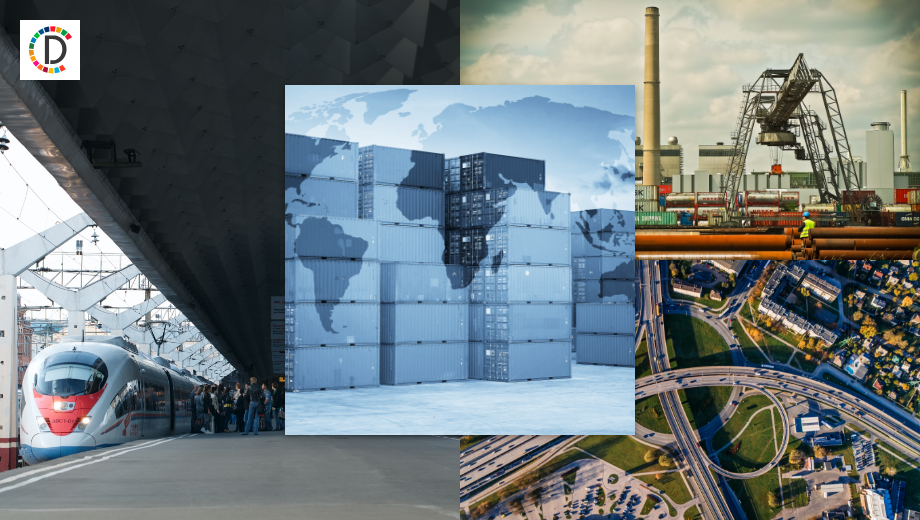Senators Seek Restrictions on Airport Facial Recognition Technology
Bipartisan senators propose limiting TSA's use of facial recognition, citing privacy and civil liberty concerns. They urge Congress to oversee the technology's implementation during FAA reauthorization. TSA claims the system enhances verification accuracy, but critics question data handling and potential bias. Passengers can opt out, but biometrics may become mandatory in the future. Advocates express concerns about public discourse and congressional oversight.

- Country:
- United States
A bipartisan group of senators is pushing for restrictions on the use of facial recognition technology by the Transportation Security Administration, saying they are concerned about travellers' privacy and civil liberties.
In a letter Thursday, the group of 14 lawmakers called on Senate leaders to use the upcoming reauthorisation of the Federal Aviation Administration as a vehicle to limit TSA's use of the technology so Congress can put in place some oversight.
''This technology poses significant threats to our privacy and civil liberties, and Congress should prohibit TSA's development and deployment of facial recognition tools until rigorous congressional oversight occurs,'' the senators wrote. The effort was being led by Sens. Jeff Merkley, D-Ore., John Kennedy, R-La., and Roger Marshall, R-Kan.
The FAA reauthorisation is one of the last must-pass bills of this Congress. The agency regulates airlines and aircraft manufacturers and manages the nation's airspace.
TSA, which is part of the Homeland Security Department, has been rolling out the facial recognition technology at select airports in a pilot project. Travellers put their driver's license into a slot that reads the card or they place their passport photo against a card reader. Then they look at a camera on a screen about the size of an iPad that captures their image and compares it to their ID. The technology is checking to make sure that travellers at the airport match the ID they present and that the identification is real. A TSA officer signs off on the screening.
The agency says the system improves accuracy of identity verification without slowing passenger speeds at checkpoints. Passengers can opt out, although David Pekoske, the TSA administrator, said last year that eventually biometrics would be required because they are more effective and efficient. He gave no timeline.
Critics have raised questions about how the data is collected, who has access to it, and what happens if there is a hack. Privacy advocates are concerned about possible bias in the algorithms and say it is not clear enough to passengers that they do not have to submit to facial recognition.
"It is clear that we are at a critical juncture,'' the senators wrote. "The scope of the government's use of facial recognition on Americans will expand exponentially under TSA's plans with little to no public discourse or congressional oversight."(AP) RUP RUP
(This story has not been edited by Devdiscourse staff and is auto-generated from a syndicated feed.)
- READ MORE ON:
- facial recognition
- TSA
- privacy
- civil liberties
- Congress
- FAA
- airlines
- airports
- biometrics
- algorithms
ALSO READ
"Kangra is not a new place for me", Anand Sharma as Congress fields him for LS Polls
"Completely unacceptable...": Congress criticises EC over delay in sharing phase 1, 2 voting data
Contesting polls from Sangali as Independent to retain Congress' ideology and its existence, says Vishal Patil
PM Modi must clear his stance on whether he will remove 50 pc cap on reservation for SC, ST, OBC: Congress
PM Modi Boasts of Providing Tap Water to 14 Crore Households in 10 Years, Contrasting with Congress's 3 Crore in 60 Years










